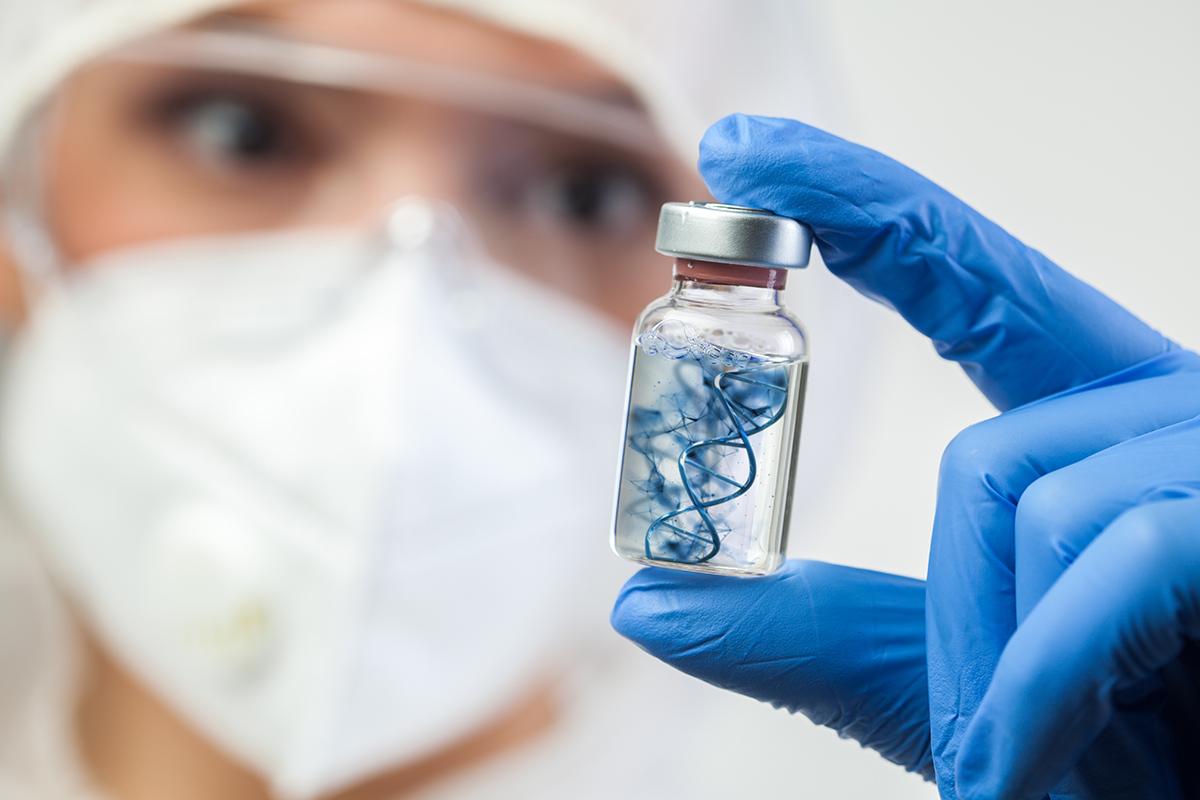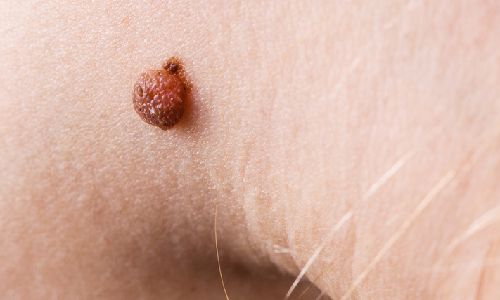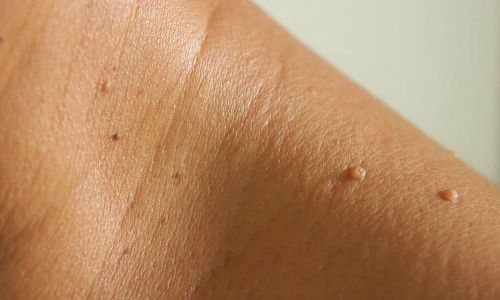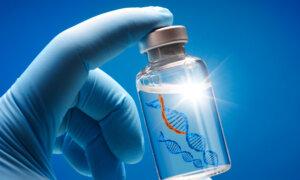
A new preprint study up for peer review finds billions of residual DNA fragments in the COVID-19 mRNA vaccine vials.
"In our study, we measured DNA copies of spike, ori (origin of replication), and SV40 enhancer genes," he told The Epoch Times. "The loads of SV40 enhancer-promoter, ori, and virus spike in Pfizer are up to 186 billion copies per dose."
The spike he refers to is the DNA sequence of the SARS-CoV-2 spike protein, which can be transcribed to spike mRNA to be used in the COVID-19 mRNA vaccines to be translated to spike protein. The other two DNAs—SV40 enhancer genes and ori—help facilitate the replication of spike DNA.
However, the final mRNA vaccines should only include RNA and not residual DNA instructions for spike production.
The researchers sequenced the gene material in 27 mRNA vaccine vials from 12 different lots. Nineteen vials were from Moderna, and eight were from Pfizer.
Why Would There Be DNA in mRNA Vaccines?
The mRNA vaccines are made from DNA.Initially, Pfizer reported that it would use a PCR machine to produce the DNA for the mRNA vaccines. The PCR machine would first make many copies of DNA, and then the same DNA would be sequenced into RNA.
Using bacteria to produce genes and proteins is a standard biotechnological process employed in the production of pharmaceuticals.
To have the bacteria replicate spike protein DNA, scientists first have to introduce spike protein DNA into the bacteria. As the bacteria multiply, so do the spike protein DNA they carry.
However, the spike DNA cannot be introduced alone; other sequences—such as the ori, which signals for DNA replication; the SV40 enhancer gene, which encourages more DNA replication; and an antibiotic resistance gene, which helps scientists identify the bacteria that have taken up the gene—would all be introduced together in a circular bacterial DNA.
It should be noted that the SV40 enhancer gene is a genetic sequence from the polyomavirus simian virus 40 (SV40), a DNA virus known to cause cancer in laboratory animals. The gene is not the SV40 virus itself.
Once the mRNA and DNA are harvested from the bacteria, the DNA is then supposed to be removed.
Why DNA Impurities in mRNA Vaccines Are Concerning
Foreign DNA introduced into the cell alongside the mRNA is at risk of being mistaken as human DNA. If it is, it can then be integrated into the cell's blueprint.The SV40 enhancer gene is highly controversial in the field of vaccination because it comes from a virus linked to cancer.
Vials With More DNA Fragments Related to More Adverse Events
The research paper further suggested that vials with higher doses of DNA content could potentially cause more adverse reactions like those found on the Vaccine Adverse Reaction Reports System (VAERS).These vaccines tended to be the purple-top vials that required dilution before administration. If pharmacists forget to dilute the vials, they may accidentally inoculate children with five times the recommended dose. Therefore, the higher adverse events could also be linked to incorrect dosing of the vaccines.
The researchers used two techniques to determine DNA content dosage: fluorometry and qPCR.
The fluorometry test showed that the DNA content exceeded the U.S. Food and Drug Administration (FDA) limits of 10 nanograms per dose by 188 to over 500 times. However, the qPCR test indicated that the DNA levels detected were below the regulatory standard.
Kevin McKernan, one of the study's authors with 20 years of experience in genomic sequencing who previously worked on the Human Genome Project and who is currently the chief scientific officer and founder of Medicinal Genomics, explained that the discrepancy in tests was because while fluorometry can detect double-stranded DNA of any size, qPCR can only detect DNA that has 100 base pairs or more.
What's Next?
The lead author told The Epoch Times that far more research is needed to be done investigating DNA contamination in the COVID-19 vaccines.Other laboratories also need to trial his team's tests and reproduce their work to come to a more accurate conclusion on the effect DNA dosage has on post-vaccination symptoms.
Other unanswered questions include whether the SV40 sequence in the vaccines is triggering "turbo cancer," according to the lead author. Animal studies must also be done to determine whether residual DNA is causing an immune response.





No comments:
Post a Comment